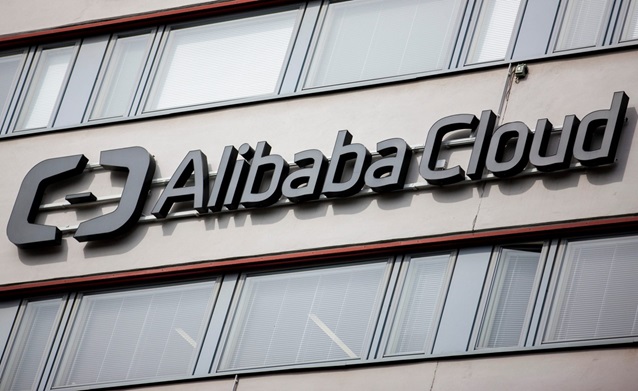In a surprising turn of events, Alibaba Group Holding has announced its decision to reverse plans for a full spinoff of its Cloud Intelligence Group. The Chinese giant attributed this unexpected move to the increasingly stringent U.S. controls on chip technology, creating uncertainties for the cloud unit’s future.
Alibaba initially unveiled a restructuring plan in March, outlining the separation of the company into six main business groups and signaling separate listings for most of them. Under this plan, the Cloud Intelligence Group was set to pursue a full spinoff with a listing targeted by May 2024. However, recent developments in U.S. export controls, specifically on advanced computing chips, have forced Alibaba to reconsider this strategy.
The company expressed concerns that a complete spinoff might not deliver the intended enhancement of shareholder value due to the unpredictable landscape created by the tightened U.S. restrictions. Instead, Alibaba is opting to focus on developing a sustainable growth model for the Cloud Intelligence Group amid the evolving circumstances.
The repercussions of this decision were immediately felt in the market, with Alibaba’s shares plummeting more than 10% during morning trading in New York. The unexpected move has raised questions about the company’s ability to navigate the complex intersection of global technology, geopolitics, and financial markets.
The impact extends beyond the cloud unit, as Alibaba also decided to put on hold the initial public offering (IPO) plans for its Freshippo groceries business. The company cited the need to evaluate market conditions and other factors contributing to a successful transaction that enhances shareholder value.
During a conference call, Chairman Joe Tsai indicated a shift in focus, emphasizing the showcasing of the cloud business’s value through operations rather than pursuing financial engineering. With a strong balance sheet, Alibaba aims to weather the storm, having ended the quarter with $63 billion in net cash and generating $27 billion in free cash flow in the last 12 months.
Alibaba’s cloud computing services have been a key component of its strategy to diversify beyond e-commerce, especially as growth in its e-commerce unit approaches a ceiling. Despite significant investments and the launch of the Tongyi Qianwen large language model, the cloud unit’s sales only increased by a modest 2% in the July-September quarter.
The company’s challenges extend beyond the cloud, with recent setbacks including a major outage and news of co-founder Jack Ma’s family trusts planning to reduce their holdings in Alibaba. Fierce competition in the e-commerce sector, the rise of new platforms like Douyin and Kuaishou, and uncertainties surrounding Singles Day sales further contribute to Alibaba’s complex landscape.
As Alibaba navigates these challenges, the company’s leadership, including Chairman Joe Tsai and CEO Eddie Wu, emphasize a strategic focus on technology-driven internet platforms, AI-driven technology businesses, and the global commerce network for the next decade. The shifting priorities reflect a recognition that Alibaba must adapt to evolving market dynamics and distinguish between core and noncore businesses to ensure sustained success.
(Source: Cissy Zhou | Nikkei Asia | Ryan Browne | CNBC)









